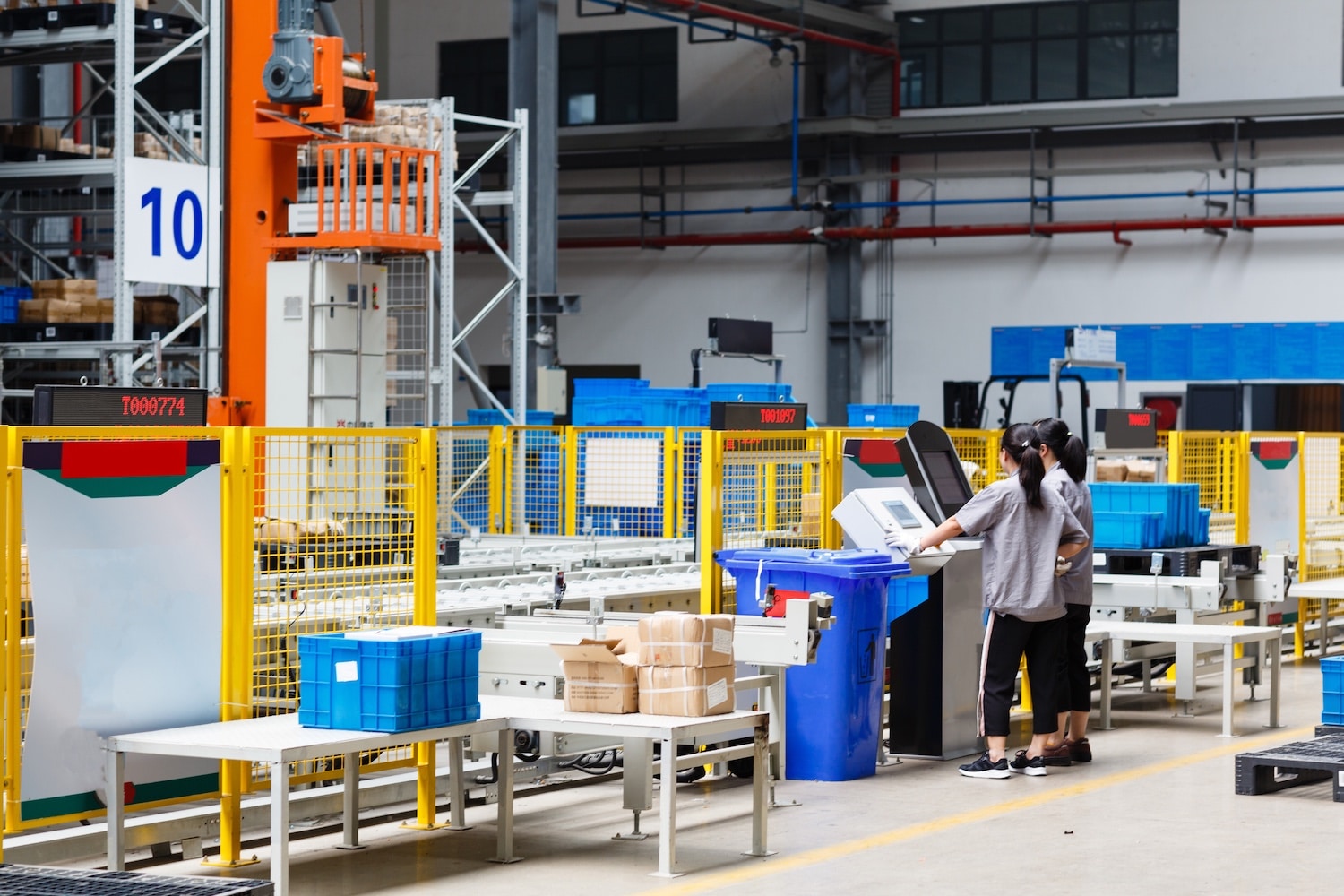In an era where sustainability is a paramount concern, industries are reevaluating their supply chain practices to reduce environmental impact. One significant stride towards eco-conscious operations is the widespread adoption of reusable containers for industrial supply chain. This blog post delves into the long-term sustainability benefits of using reusable containers in industrial supply chain use cases, with a special focus on the reduction of single-use corrugate packaging. By exploring how these simple shifts can yield profound positive effects for businesses and the planet, we uncover the transformative potential of sustainable packaging practices.
Reduction in Single-Use Plastic Waste:
Immediate Impact:
The adoption of reusable containers leads to an immediate reduction in single-use plastic waste. Industries traditionally reliant on disposable packaging, including corrugate materials, witness a substantial decline in the volume of plastic entering landfills and oceans.
Long-Term Environmental Preservation:
Over time, this reduction contributes to the preservation of ecosystems and marine life. By curbing the influx of plastic waste, reusable containers play a crucial role in creating a healthier and more sustainable environment for future generations.
Reduction of Single-Use Corrugate Packaging:
Eco-Friendly Alternatives:
Reusable containers also serve as an effective alternative to single-use corrugate packaging. By minimizing reliance on disposable cardboard materials, businesses further reduce the environmental impact associated with the production and disposal of single-use packaging.
Less Dependency on Virgin Resources:
The reduction of single-use corrugate packaging contributes to less reliance on virgin resources. By promoting the use of reusable materials, industries actively participate in a circular economy, minimizing the need for constant extraction of new resources.
Resource Conservation and Efficiency:
Optimized Material Usage:
Reusable containers are typically designed for durability and longevity. This design optimization ensures that materials used in container production are maximized, reducing the need for frequent replacements and conserving valuable resources.
Energy Savings:
The extended lifespan of reusable containers translates to energy savings in the manufacturing process. Reduced production frequency results in lower energy consumption, contributing to a more sustainable and energy-efficient supply chain.
Lower Carbon Footprint:
Transportation Efficiency:
Reusable containers often boast stackable and nestable designs, optimizing transportation efficiency. This directly correlates with a reduction in fuel consumption and, consequently, a lower carbon footprint associated with the transportation of goods.
Emission Reduction:
By minimizing the need for frequent shipments and reducing the weight of packaging, industries embracing reusable containers contribute to a significant reduction in greenhouse gas emissions, aligning with global efforts to combat climate change.
Closed-Loop Systems:
Circular Economy Implementation:
Reusable containers pave the way for closed-loop systems where materials are continuously recycled and repurposed. This implementation of a circular economy reduces dependence on virgin resources, promoting a more sustainable and regenerative industrial ecosystem.
Waste Reduction at Source:
The closed-loop approach significantly diminishes the generation of waste at the source. Industries adopting this model demonstrate a commitment to minimizing their environmental impact by actively participating in the circular economy.
Financial Benefits for Businesses:
Cost-Efficiency Over Time:
While the initial investment in reusable containers may be higher, businesses witness long-term cost-efficiency as these containers outlast their single-use counterparts. Reduced expenditure on packaging materials and transportation costs contributes to sustained financial benefits.
Enhanced Brand Image:
Businesses aligning with sustainable practices, such as using reusable containers and reducing single-use corrugate packaging, cultivate a positive brand image. Consumer preferences are evolving, and supporting environmentally responsible companies is increasingly becoming a key factor in purchasing decisions.
Regulatory Compliance and Corporate Responsibility:
Adaptation to Regulations:
Governments and regulatory bodies are placing increased emphasis on sustainable practices. By integrating reusable containers into supply chain operations and reducing single-use corrugate packaging, businesses proactively adapt to evolving regulations, ensuring compliance and avoiding potential legal repercussions.
Corporate Responsibility Showcase:
Embracing reusable containers and reducing single-use corrugate packaging is a tangible demonstration of corporate responsibility. Businesses can showcase their commitment to sustainability, appealing to environmentally conscious consumers and investors while contributing to broader corporate social responsibility goals.
Flexibility and Adaptability:
Customization for Diverse Use Cases:
Reusable containers are highly adaptable and customizable to suit diverse industrial needs. From automotive parts to pharmaceuticals, the versatility of these containers ensures that they can be seamlessly integrated into various supply chain use cases.
Future-Proofing Operations:
The adaptability of reusable containers future-proofs supply chain operations. As industries evolve, the flexibility of these containers allows businesses to readily adjust to changing market dynamics and consumer preferences.
Conclusion:
In conclusion, the long-term sustainability benefits of using reusable containers in industrial supply chain use cases, coupled with the reduction of single-use corrugate packaging, are profound. From waste reduction and resource conservation to financial advantages and regulatory compliance, the impact of these shifts goes beyond immediate gains. Businesses that embrace the principles of a circular economy by adopting reusable containers and minimizing single-use corrugate packaging are not only contributing to a greener planet but are also positioning themselves as leaders in sustainable and responsible industrial practices. As industries continue to prioritize eco-conscious operations, the adoption of reusable containers and the reduction of single-use corrugate packaging stand as pivotal steps towards a more sustainable and resilient global supply chain ecosystem




